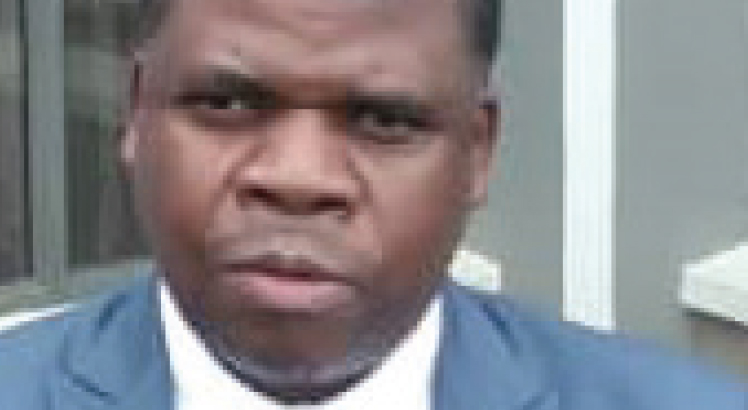Water boards Lose K30bn/year
Malawi’s five water boards collectively lose K30 billion each year due to non-revenue water estimated at 35 percent, it has emerged.
Officials from Blantyre, Lilongwe, Northern Region, Central Region and Southern Region water boards disclosed this in Mzuzu yesterday during a meeting to address the problem.
Northern Region Water Board (NRWB) director of operations Asumani Ungwe said non-revenue water continues to be a major challenge to the five water boards.
He said the lost water is equivalent to 365 percent of production, but added that the boards are making progress towards reducing the same.

Ungwe said: “The situation is bad, but I can say we are making progress with these workshops where we are sharing knowledge and experiences.
“I am sure in the years to come we will be able to reduce the non-revenue water to the recommended level of 25 percent, but I should say it is not easy.”
He said NRWB is currently using water balance approach to move towards the recommended level of 25 percent.
Under the approach, Ungwe said water is tracked from the treatment plant to know how much was supplied to an area and how much they are billing. He said the difference gives them non-revenue water.
Ministry of Water and Sanitation deputy director of administration Linda Ng’oma said the ministry’s mandate is to ensure that non-revenue water is reduced.
She said: “As a ministry, we are working hand in hand with the water boards to make sure that the level of non-revenue water is reduced.
“We are using strategies that are working in other places where we have exchange visits, but also we are trying to find our own strategies through workshops like these ones.”
The water boards attribute non-revenue water to aged infrastructure such as pipelines that burst frequently and aged meters that do not read correctly the amount of water that consumers are using.
The workshop brought together officials from the five water boards, water users associations, Ministry of Water and Sanitation, Water Service Association of Malawi and Japan International Cooperation Agency.





